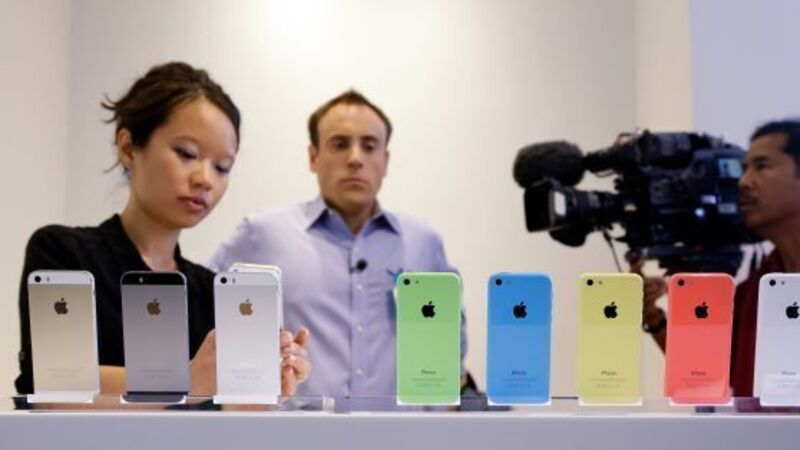How an Apple falls from stage to shelves

The process starts in China, where pallets of iPhones are moved from factories in unmarked containers accompanied by a security detail. The containers are then loaded onto trucks and shipped via pre-bought airfreight space, including on old Russian military transports.
The journey ends in stores where the world’s biggest technology company makes constant adjustments based on demand, said people who have worked on Apple’s logistics and asked not to be identified because the process is secret.
















